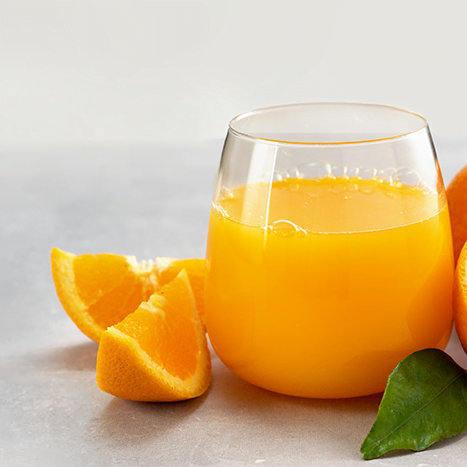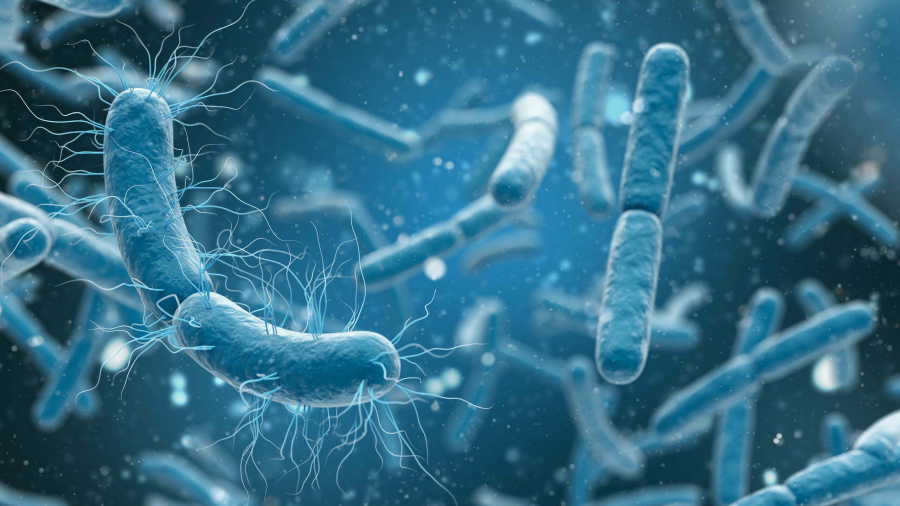While you eat, sleep, work, and play, there is a war raging inside you. Nothing for you to be alarmed of; it is just your average daily bacteria at play.
Did you know that your gut is home to two types of bacteria? The good and the bad.
The defenders of your gut flora (also known as good bacteria):
Metabolise nutrients
Synthesise vitamins
Ferment dietary fibre
Develop immune system
Strengthen gut barrier
Control overgrowth of bad bacteria
While the offenders are the bad bacteria and are known to:
Create allergies and infections
Disrupt the absorption of nutrients
Irritate the bowel system
Damage digestive lining
Create digestive disorders
Increase food toxicity
In order for us to have good digestive health, we should have 80% good bacteria and only 20% bad bacteria in our intestinal system. However, modern lifestyle habits, such as the use of antibiotics, stress and irregular meals, smoking, as well as the consumption of alcohol, have all affected this delicate balance.
According to experts, many of us are far from ideal with 80% bad bacteria and only 20% good bacteria. The good news is that by adding probiotics (good bacteria) to our diet, we can restore the healthy balance of good bacteria in the intestines. That’s why probiotic supplementation has been increasingly popular in the last 50 years. Thousands of clinical trials worldwide have proven the beneficial effects of probiotic supplementation.
There are many types of probiotics in the market today. Many are in yogurt-form, cultured drinks, and dry probiotic in powder, capsules or tablets. But how do you choose a good one? Probiotics are only able to multiple and metabolise nutrients in the small intestines, it must be highly resilient in order to pass through the stomach and reach the intestines intact.
Here are 3 key elements of what good probiotics should include:

Resistance to high and varying temperatures
The journey from the manufacturer to the wholesaler, shops and finally to the consumers is a long and tedious one. Hence, a good probiotics supplement must be able to resist high temperatures during its transport and storage. Otherwise, by the time you consume it, most of the viable bacteria would already be dead or inactivated.
Resistance to gastric juices
Our stomach has gastric juices that hovers around pH 1 to pH 3. If the probiotic supplement cannot withstand this highly acidic environment, the good bacteria will break down and die in the stomach before they can even reach our intestines. Some probiotic supplements are coated with carbohydrate and protein to protect them from stomach juices but being highly sensitive to moisture, the coating may “leak” in the stomach during digestion and cause the death of the beneficial bacteria.


High number of viable bacteria
If the probiotic successfully reaches the intestinal system, it has a short time to multiply in the small intestines before being released into the large intestines to combat bad bacteria. Thus, the higher the number of viable and active bacteria, the faster it can multiply and recolonise our intestinal system.
Revive your healthy digestive system with Elken Laktoze-S. Elken Laktoze-S is a unique formula with symbiotic effects containing lactose, FOS, dextrin, and probiotics. These 4 elements swiftly replenish the good bacteria in your gut and improve bowel movement to remove stubborn stools and resolve constipation problems. Take one sachet a day to keep bad bacteria away.

